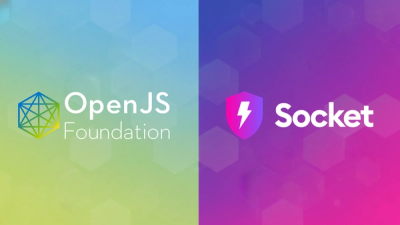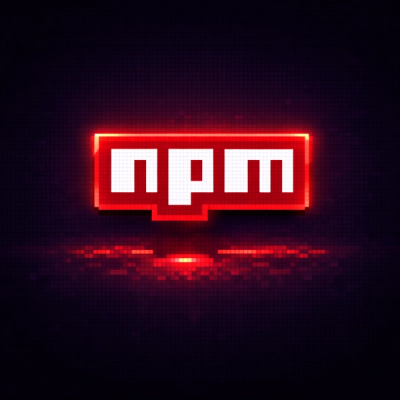
Research
SANDWORM_MODE: Shai-Hulud-Style npm Worm Hijacks CI Workflows and Poisons AI Toolchains
An emerging npm supply chain attack that infects repos, steals CI secrets, and targets developer AI toolchains for further compromise.
socket.io-client
Advanced tools
[](https://github.com/socketio/socket.io-client/actions) [](https://david-dm.org/socketio/socket.io
A standalone build of socket.io-client is exposed automatically by the
socket.io server as /socket.io/socket.io.js. Alternatively you can
serve the file socket.io.js found in the dist folder or include it via CDN.
<script src="/socket.io/socket.io.js"></script>
<script>
var socket = io();
socket.on('connect', function(){});
socket.on('event', function(data){});
socket.on('disconnect', function(){});
</script>
// with ES6 import
import io from 'socket.io-client';
const socket = io();
A slim build (without JSON3, a JSON polyfill for IE6/IE7, and debug) is also available: socket.io.slim.js.
Socket.IO is compatible with browserify and webpack (see example there).
Add socket.io-client to your package.json and then:
var socket = require('socket.io-client')('http://localhost:3000');
socket.on('connect', function(){});
socket.on('event', function(data){});
socket.on('disconnect', function(){});
In order to see all the client debug output, run the following command on the browser console – including the desired scope – and reload your app page:
localStorage.debug = '*';
And then, filter by the scopes you're interested in. See also: https://socket.io/docs/logging-and-debugging/
See API
The 'ws' package is a simple to use, blazing fast, and thoroughly tested WebSocket client and server implementation. Unlike socket.io-client, which provides an abstraction over WebSocket with additional features like auto-reconnection, 'ws' is a bare WebSocket implementation.
Faye is a set of tools for simple publish-subscribe messaging between web clients. It's similar to socket.io-client in that it provides an abstraction over WebSocket for real-time communication, but it has a different API and feature set.
SockJS-client is a browser JavaScript library that provides a WebSocket-like object. SockJS gives you a coherent, cross-browser, Javascript API which creates a low latency, full duplex, cross-domain communication channel between the browser and the web server, with WebSockets or without. It is similar to socket.io-client but focuses more on providing fallback options for environments where WebSocket is not available.
FAQs
Realtime application framework client
The npm package socket.io-client receives a total of 2,990,712 weekly downloads. As such, socket.io-client popularity was classified as popular.
We found that socket.io-client demonstrated a healthy version release cadence and project activity because the last version was released less than a year ago. It has 2 open source maintainers collaborating on the project.
Did you know?

Socket for GitHub automatically highlights issues in each pull request and monitors the health of all your open source dependencies. Discover the contents of your packages and block harmful activity before you install or update your dependencies.

Research
An emerging npm supply chain attack that infects repos, steals CI secrets, and targets developer AI toolchains for further compromise.

Company News
Socket is proud to join the OpenJS Foundation as a Silver Member, deepening our commitment to the long-term health and security of the JavaScript ecosystem.

Security News
npm now links to Socket's security analysis on every package page. Here's what you'll find when you click through.